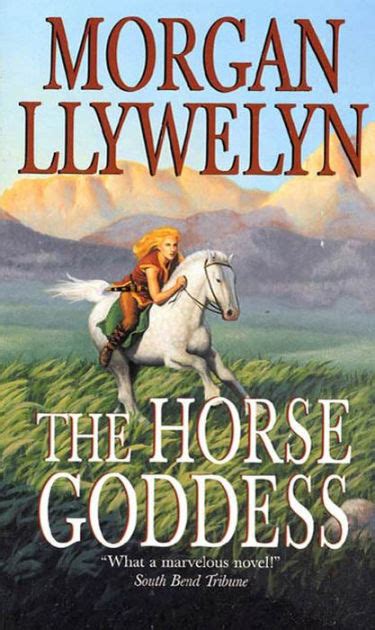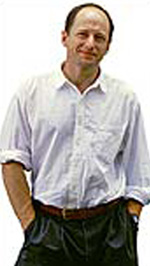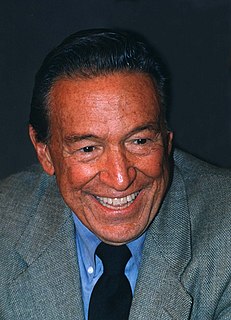A Quote by Charlotte Bronte
Life is still life, whatever its pangs; our eyes and ears and their use remain with us, though the prospect of what pleases be wholly withdrawn, and the sound of what consoles must be silenced.
Related Quotes
The harmony that holds the stars on their courses and the flesh on our bones resonates through all creation. Every sound contains its echo. Before there was humankind, or even forest, there was sound. Sound spread from the source in great circles like those formed when a stone is dropped in a pool. We follow waves of sound from life to life. A dying man’s ears will hear long after his eyes are blind. He hears the sound that leads him to his next life as the Source of All being plucks the harp of creation.
When we believe we are losing control, we grab on tight. When our greatest fear comes upon us, we clench our fist and teeth, close our eyes and hold on. We must learn how to let go. When the time comes for growth and change, we must have the courage and faith to let go. Whatever leaves my life makes room for something better.
If you're tired of getting additional information, you can just close your eyes, get some sleep. But earlids, covering of the ears, never evolved. Not once do we find it, even in the fossil records. Because while we let our eyes relax, our ears are still hearing. And that's why alarm clocks work and wake us up. We still gather information. Every animal is gathering information 24/7. So I like to think of acoustic ecologists as people who are trying to become better listeners, 24/7.
Fear keeps us focused on the past or worried about the future. If we can acknowledge our fear, we can realize that right now we are okay. Right now, today, we are still alive, and our bodies are working marvelously. Our eyes can still see the beautiful sky. Our ears can still hear the voices of our loved ones.
Our dead brothers and sisters still live for us and bid us think of life, not death-of life to which in their youth they lent the passion and glory of Spring. As I listen, the great chorus of life and joy begins again, and amid the awful orchestra of seen and unseen powers and destinies of good and evil, our trumpets sound once more a note of daring, hope, and will.
The only life worth living is the adventurous life. Of such a life the dominant characteristic is that it is unafraid. If is unafraid of what other people think . . . It does not adapt either its pace or its objectives to the pace and objectives of its neighbors. It thinks its own thoughts, it reads its own books, it developed its own hobbies, and it is governed by its own conscience. The herd may graze where it pleases or stampede where it pleases, but he who lives the adventurous life will remain unafraid when he finds himself alone.
Even if all life on our planet is destroyed, there must be other life somewhere which we know nothing of. It is impossible that ours is the only world; there must be world after world
unseen by us, in some region or dimension that we simply do not perceive. Even though I can't prove that, even though it isn't logical - I believe it.






































